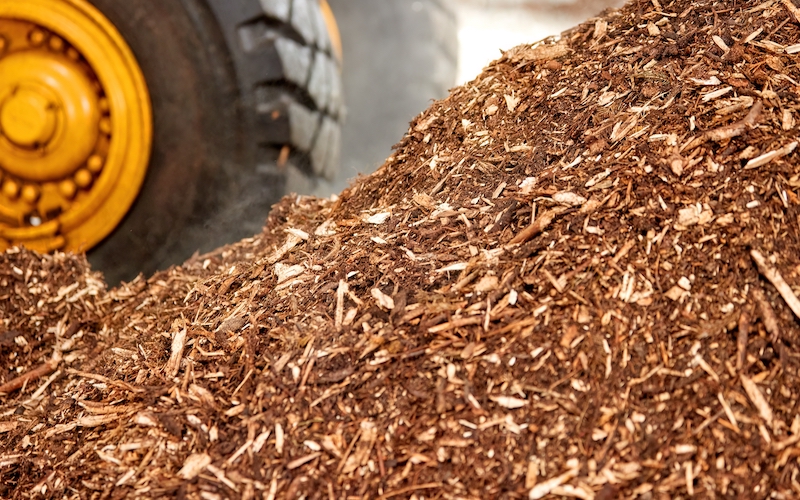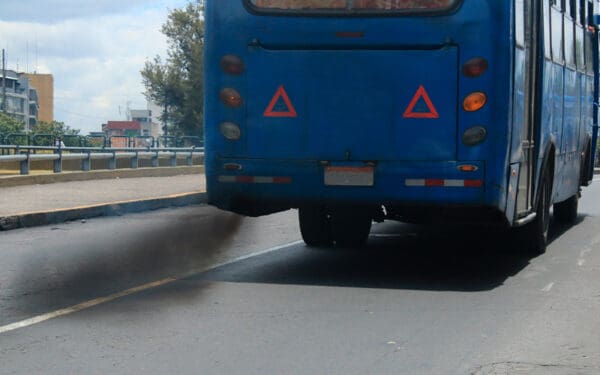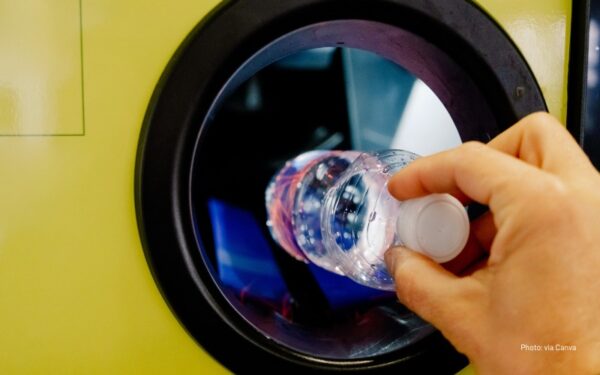
Burning wood for electricity is bad for the climate and public health. Photo source: Shutterstock.
I recently took my two young children to spend a weekend in coastal Maine, where we rented an Airbnb. The place looked great online. But as we drove closer to the neighborhood, a chemical smell struck us – something you couldn’t see in pictures. It turned out that the house sat right across the street from a paper mill. We spent one night in the place while I worried about what those chemicals in the air were doing to my kids’ growing lungs.
That was one night. It made me reflect on the Vermonters who live, work, and play next to the McNeil wood-burning electric generation facility each day. Day after day, when the plant is operating, it pumps pollutants like benzene and formaldehyde into the surrounding neighborhood, which happens to be one of Vermont’s most densely populated and racially diverse. And the facility’s emissions aren’t just bad for the lungs of those living nearby. Burning wood produces a huge amount of carbon dioxide, methane, and nitrous oxide, all gases causing the climate crisis.
It’s time to thoughtfully phase down electricity generation at the McNeil biomass plant. Burlington’s City Councilors can move Vermont toward this goal by voting against any proposal to expand and prolong the facility’s use. The Council is facing one such proposal right now: A $42 million District Energy Project to pipe steam from McNeil to the University of Vermont Medical Center. Council members should oppose this proposal because McNeil is too harmful to humans and too damaging to the climate to justify new investment. The community living in the plant’s shadow deserves better. And we simply cannot burn our way out of this climate emergency.
McNeil Biomass Plant’s Dirty Operations Harm Vermonters’ Health
When McNeil burns wood for electricity, it pumps ultrafine toxic particles into the air that are small enough to lodge deep into lungs and even move into the bloodstream. This “particle pollution” poses serious health risks to lung and heart function – and there are no safe levels of it. As the Vermont Department of Health’s climate and health program manager warned: “A little bit of [particle] emissions is a little bad. A lot of emissions is a lot of bad.”
McNeil also emits carbon monoxide, nitrogen oxide, benzene, and formaldehyde, which can trigger respiratory and cardiac illnesses when we breathe them in.
I told my kids not to play in the backyard of that Airbnb house by the paper mill because I wanted to protect their little lungs from whatever pollutants were in the air. No parent — or anyone for that matter — should have to worry about sacrificing health to enjoy being outside. Yet the Burlington neighborhood where McNeil sits includes two elementary schools where teachers are forced to contend with this pollution. It’s also home to many affordable housing apartment buildings, playgrounds, a public park, a baseball diamond, a basketball court, and a community health center. The plant is actively pumping out these pollutants, which then enter our families’ and children’s lungs. We can’t sacrifice Vermont’s people just to keep this facility running.
McNeil isn’t a Climate Solution
On top of its air pollution problems, McNeil is not a solution to the climate crisis, either. Burning biofuels like wood spits out massive amounts of gases that warm the atmosphere, further fueling the climate crisis. According to the US EPA, McNeil emitted 453,563 tons of carbon dioxide in 2021, making it one of Vermont’s mega-emitters of climate-damaging pollution. And that’s just carbon – McNeil also emits large amounts of methane and nitrous oxides, two other potent greenhouse gases that heat the climate.
Backers of this District Energy Project argue that carbon emissions from biomass energy theoretically can be recaptured if new trees are allowed to mature (since trees naturally store carbon). But the carbon debt from burning trees takes several decades—often more—to pay off. We can’t afford to wait decades for trees to mature. We need to cool the atmosphere TODAY, not in 50 years.
What the Council can do to Advance Climate Solutions – Vote “No” on District Heat
Children are spending school recesses running around play areas in the pollution emanating from the McNeil facility. Those kids deserve an investment in their future, not in a power plant that imperils it.
Our next step forward should be investigating how best to replace the energy McNeil produces with cleaner sources, like solar and wind. This is an important decision, and Vermont has to make this shift in a way that ensures reliable and affordable electricity, plans for a transition for affected workers to replacement jobs, and accounts for the impact on Vermont’s forests and the services they provide. The health of Vermonters and our planet demand we start moving away from burning wood for electricity. And that means saying “no” to expanding McNeil via the District Energy Project.



